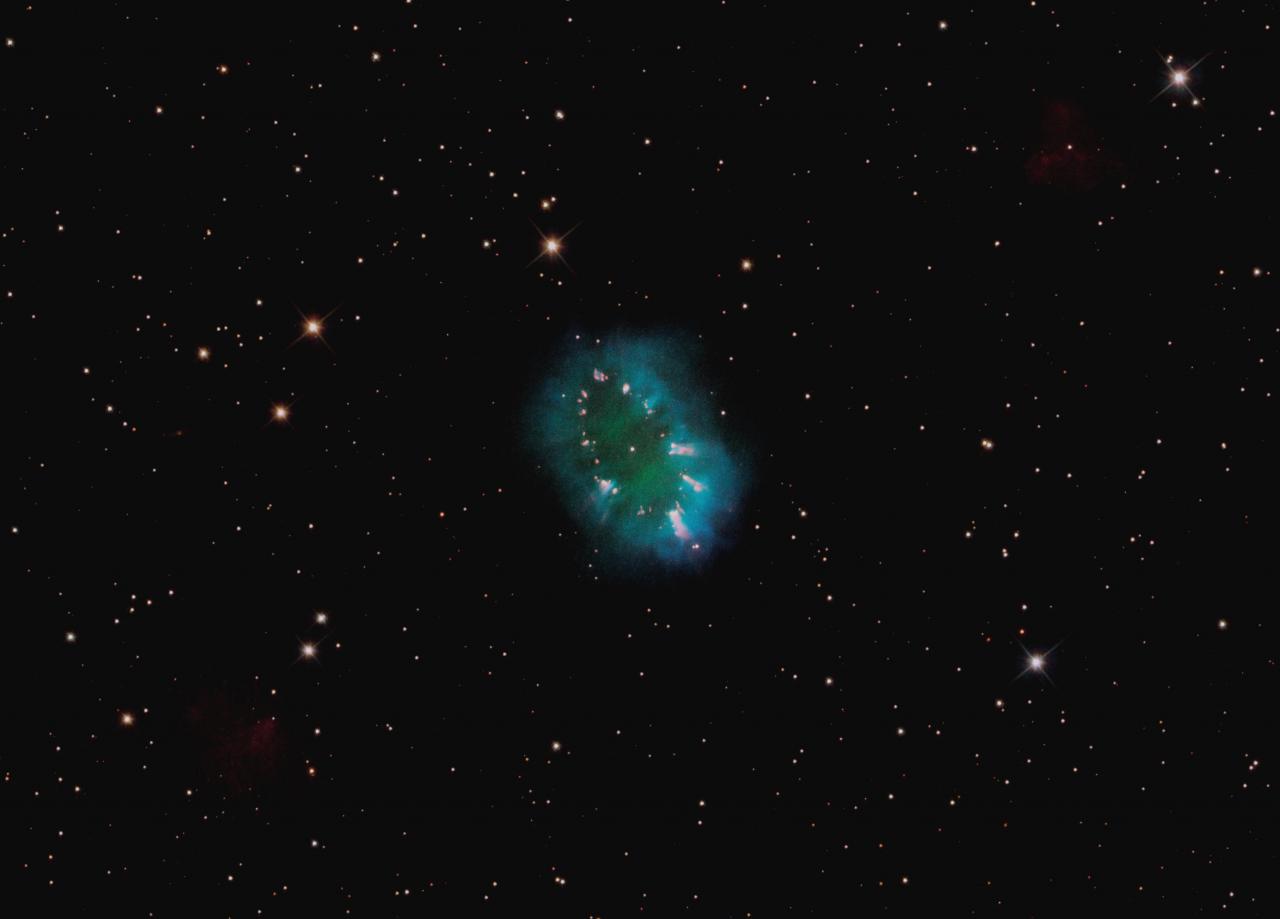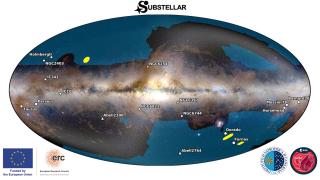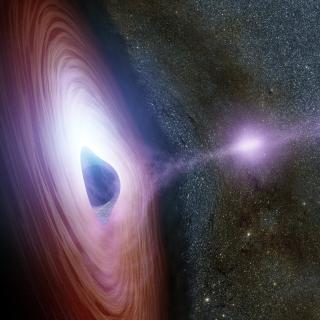General
This project has three major objectives: 1) To determine the physico-chemical characteristics of bipolar planetary nebulae and symbiotic nebulae, to help understanding the origin of bipolarity and to test theoretical models, mainly models with binary central stars, aimed at explaining the observed morphology and kinematics. 2) To study the low-ionization microstructures in planetary nebulae, their origin (in the context of the main shell formation), their physico-chemical characteristics, and their interaction with the nebular gas. 3) To discover and study galactic and extragalactic planetary nebulae, analyzing their physico-chemical properties and the metallicity gradients along the galactic discs.
Members
Results
Miszalski, B and collaborators (2016, MNRAS, 456, 633) re-discovered a dwarf nova system, an eruption of which was first observed by ancient Chinese astronomers in the year 483 CE. Hillwig, T and collaborators (2016, ApJ, 832, 125) demonstrated that the symmetry axes of planetary nebulae with binary central stars always lie perpendicular to the orbital plane of the central binaries. The probability of encountering such a tight correlation by chance is less than a million to one.

![Izquierda - Imagen RGB de la nebulosa de Orión y M43 obtenida filtros estrechos con la cámara WFC en el INT: H alfa (rojo), [S II] 6716+30 (verde), [O III] 5007 (azul). Derecha - Imagen en falso color de la nebulosa planetaria NGC 6778. En azul se ve la emisión en la línea de O II tomada con el filtro sintonizable azul del instrumento OSIRIS en el GTC; en verde imagen con el filtro estrecho de [O III] del Nordic Optical Telescope (NOT). Izquierda - Imagen RGB de la nebulosa de Orión y M43 obtenida filtros estrechos con la cámara WFC en el INT: H alfa (rojo), [S II] 6716+30 (verde), [O III] 5007 (azul). Derecha - Imagen en falso color de la nebulosa planetaria NGC 6778. En azul se ve la emisión en la línea de O II tomada con el filtro sintonizable azul del instrumento OSIRIS en el GTC; en verde imagen con el filtro estrecho de [O III] del Nordic Optical Telescope (NOT).](/sites/default/files/styles/crop_square_2_2_to_320px/public/images/project/imagen_web.jpg?itok=fsBmV9CO)

